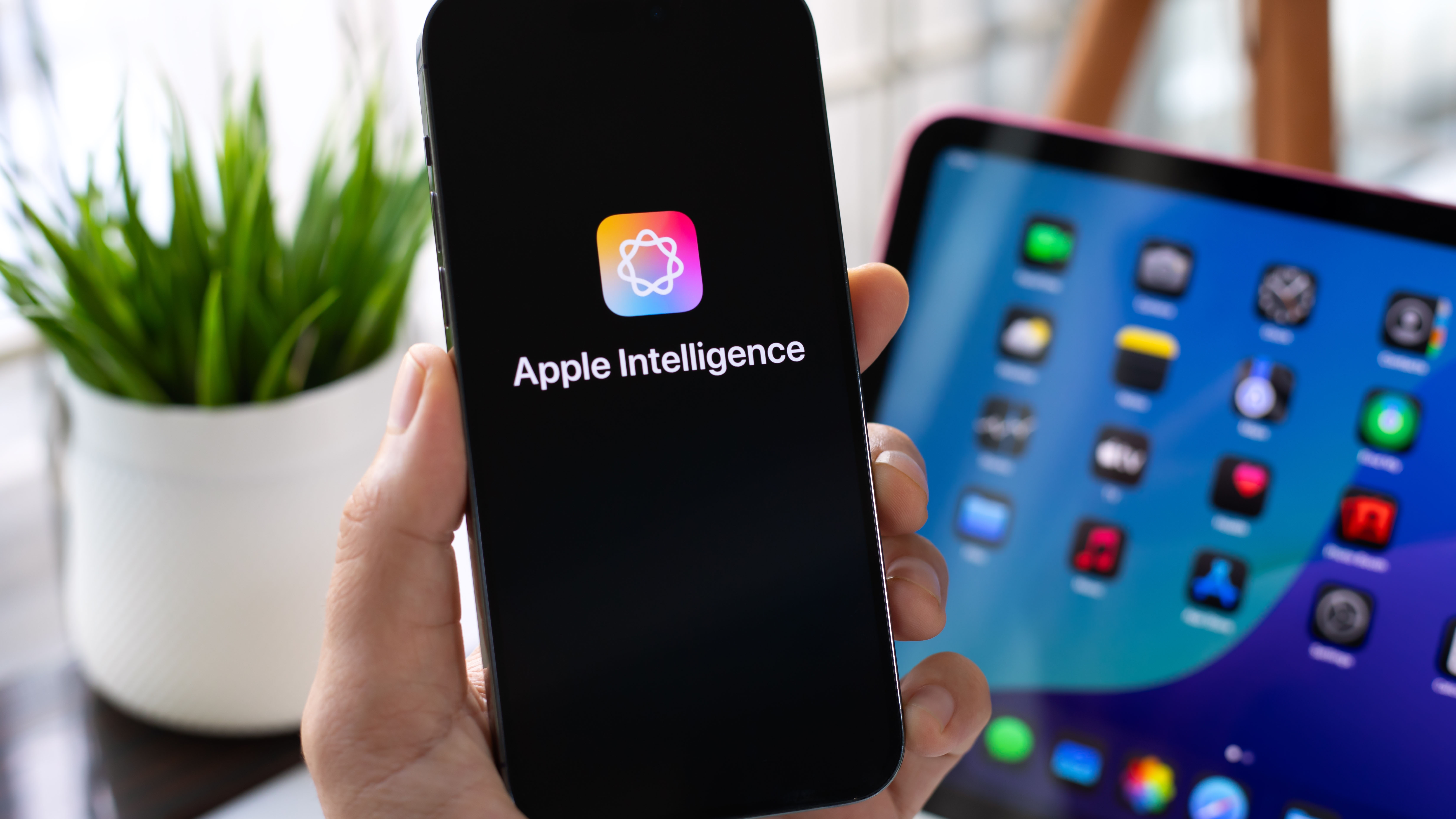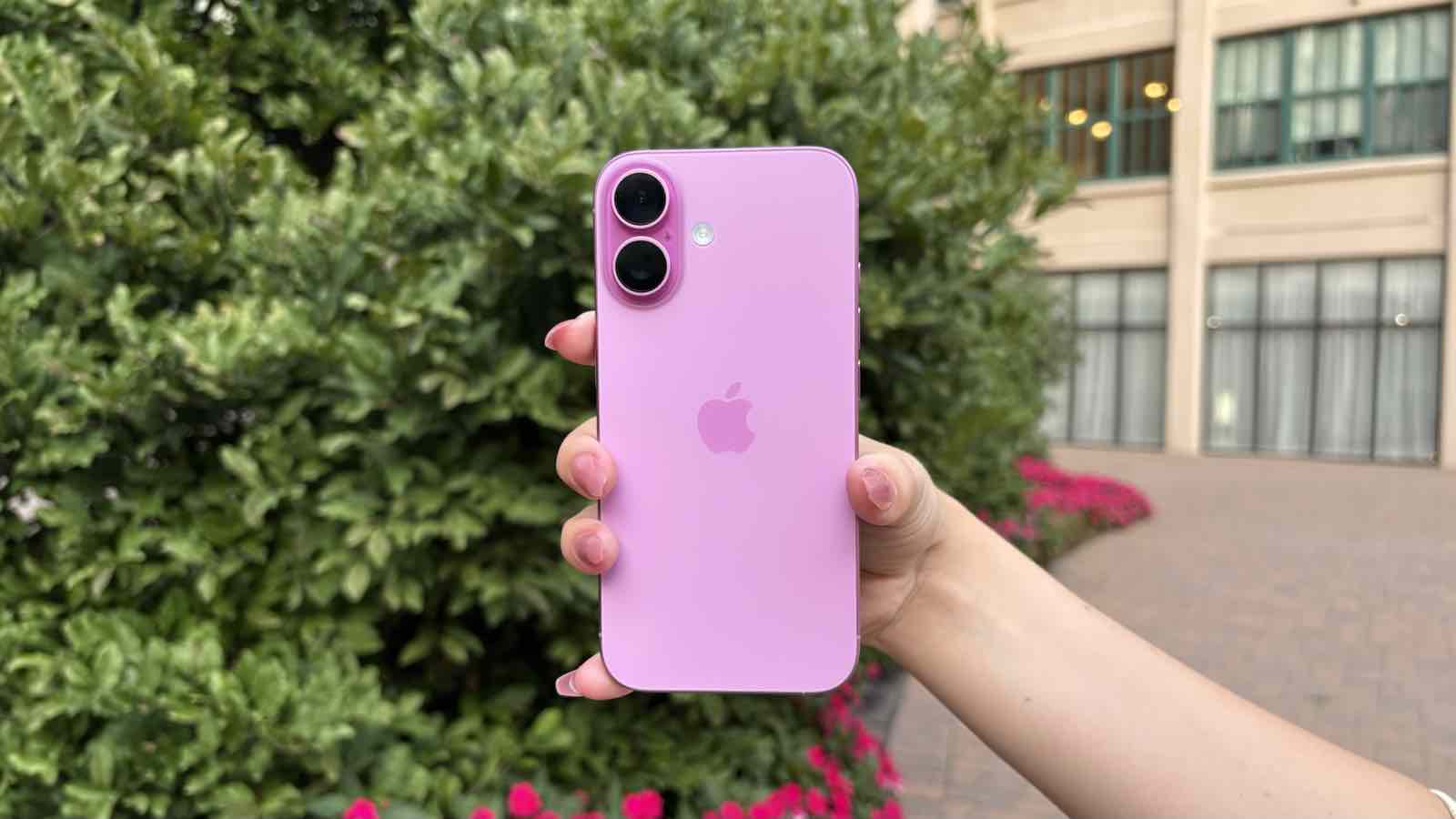Apple exec suggests you 'may not need' an iPhone in 10 years' time
Could the iPhone 26 be the last of its kind?

Sign up for breaking news, reviews, opinion, top tech deals, and more.
You are now subscribed
Your newsletter sign-up was successful
- Apple's head of services Eddy Cue has suggested that users may not need an iPhone by 2035
- The statement was made as part of testimony at the Google antitrust remedies trial on May 7
- In context, the comments refer to the rising tide of AI
Will we always use smartphones? It’s a question every tech fan has asked. It makes sense that technology will keep evolving, but a phone-less reality is a little hard to imagine in a world where these devices are used for everything from paying for your groceries to streaming your favorite music.
However, a new statement by a high-ranking Apple executive suggests the era of the iPhone could come to a close sooner than you might expect.
While giving testimony at the Google Search antitrust remedies trial on May 7, Apple SVP and head of services Eddy Cue said: “you may not need an iPhone 10 years from now”.
The comment was made in reference to the changing nature of technology and the relative impermanence of tech products compared to other goods.
As PhoneArena reports, the comments can be taken in a wider context as a recognition that the ongoing surge in AI development could force even the largest tech companies, like Apple, to adapt to unforeseen changes.
Though the iPhone is the icon of Apple’s product portfolio, it and the smartphone industry are still young compared to other industries – Cue highlighted “oil” and “toothpaste” as examples.
The expected release of the iPhone 17 family later this year will mark 18 years of the iPhone, and with Apple itself offering a robust suite of AI tools via Apple Intelligence, it’s not beyond the realm of possibility that software could take priority over hardware in the coming years.
Sign up for breaking news, reviews, opinion, top tech deals, and more.
In fact, some device makers have already made attempts at producing AI-first gadgets, though these have generally failed to take off; the Rabbit R1 AI companion, for instance, landed on our list of the biggest tech flops of last year.

Looking at the iPhone specifically, it’s now pretty rare to see major leaps in hardware power between single generations.
The addition of the Camera Control button and bump up to 8GB of RAM for the iPhone 16 family marked the biggest hardware upgrade for Apple’s handsets in years, but we only need to look back at the tiny hop from the iPhone 13 to the iPhone 14 to see much smaller gradations of change.
Apple Intelligence, however, isn't beholden to yearly release cycles - Apple can update it as and when it sees fit. Of course, the hardware still needs to be capable enough to run these AI tools, but otherwise, Apple has much more freedom to accelerate on the software side of things.
As CNBC reports, Apple already makes about a fifth of its revenue from services, and while Apple Intelligence is currently free, there’s nothing stopping the tech giant from adding premium tiers or charging for existing features in the future.
So, while it honestly seems unlikely that iPhones will disappear by 2035, having hardware releases exist to support software developments and AI services seems like a pretty realistic outcome.
For now, the era of the iPhone is still ongoing – be sure to check out our list of the best iPhones if you’re thinking of picking one up yourself. Do you think iPhones will be around in 10 years' time? Let us know in the comments.
You might also like
- Sony will finally launch its first ‘Alpha’ camera phone soon – here’s what that could mean for the Xperia 1 VII
- Google Maps can now scan your iPhone screenshots to save forgotten places, but that gives me privacy chills
- The Samsung Galaxy tri-fold could have these 3 features in common with the Galaxy Z Fold 7

Jamie is a Mobile Computing Staff Writer for TechRadar, responsible for covering phones and tablets. A lifelong tech-obsessive, Jamie began his writing career as a music blogger before studying journalism at Goldsmiths College, and joined TechRadar in 2024. He thinks the iPhone 5S is the greatest phone of all time, but is currently an Android user.
As well as reporting on the latest in mobile hardware, software, and industry developments, Jamie specialises in features and long-form pieces that dive into the latest phone and tablet trends. He can also be found writing for the site's Audio and Streaming sections from time to time, or behind the decks as a DJ at local venues around London.
You must confirm your public display name before commenting
Please logout and then login again, you will then be prompted to enter your display name.